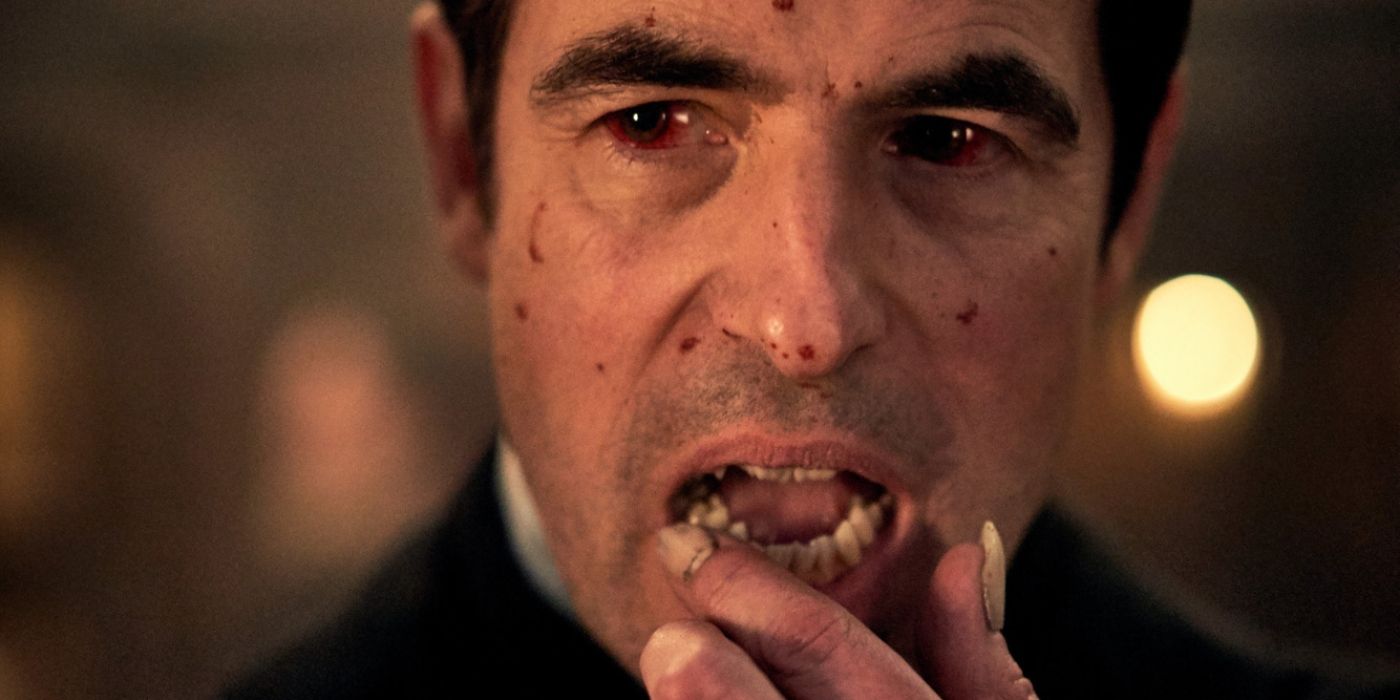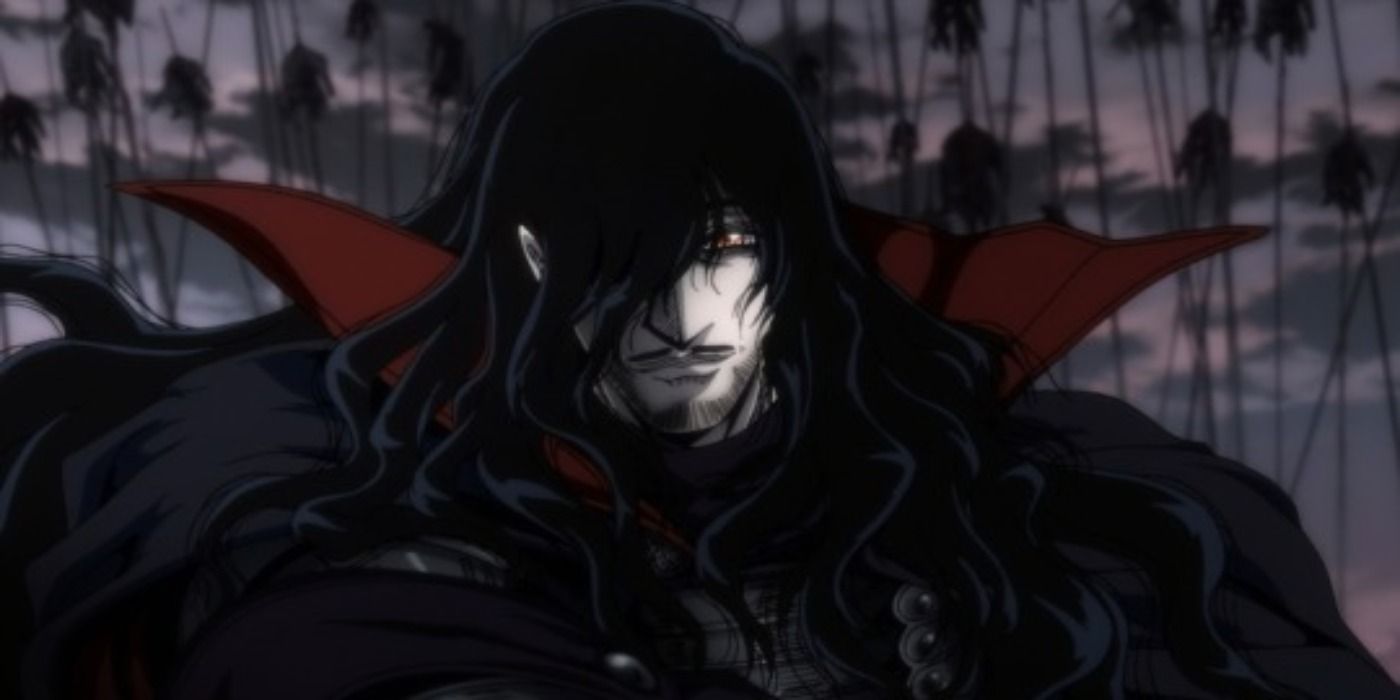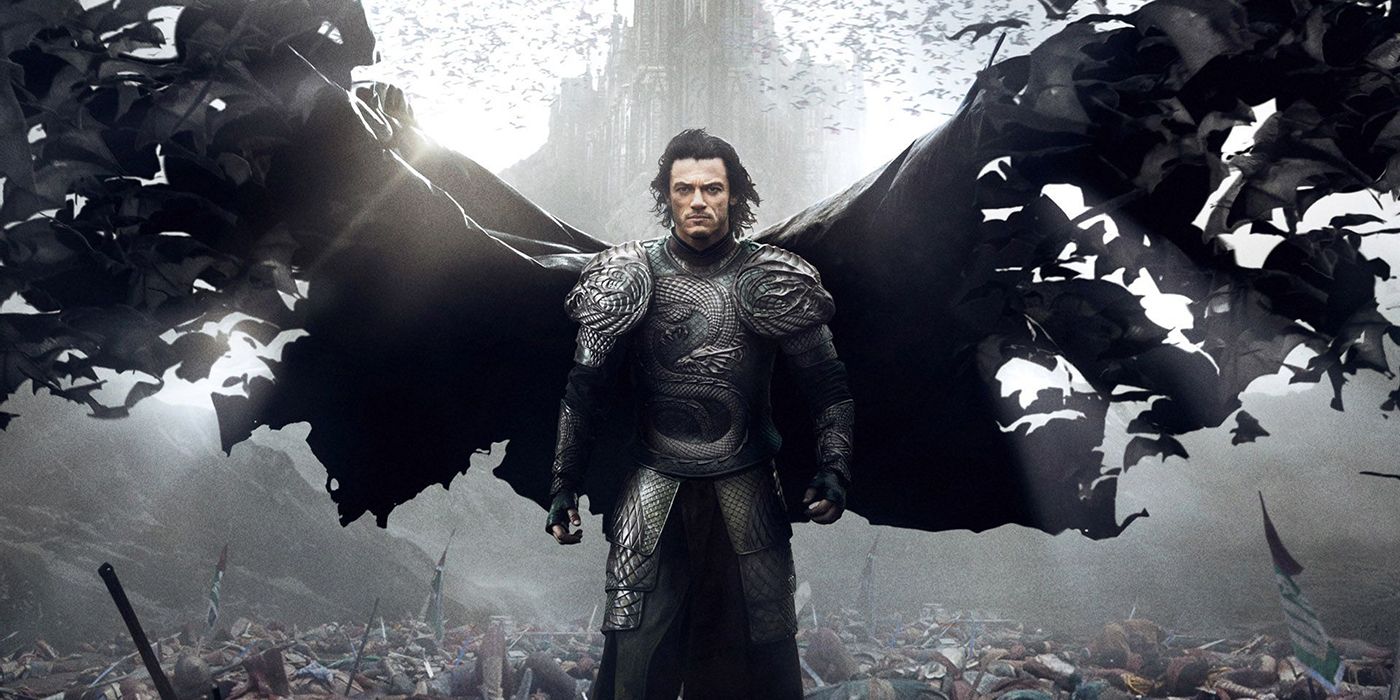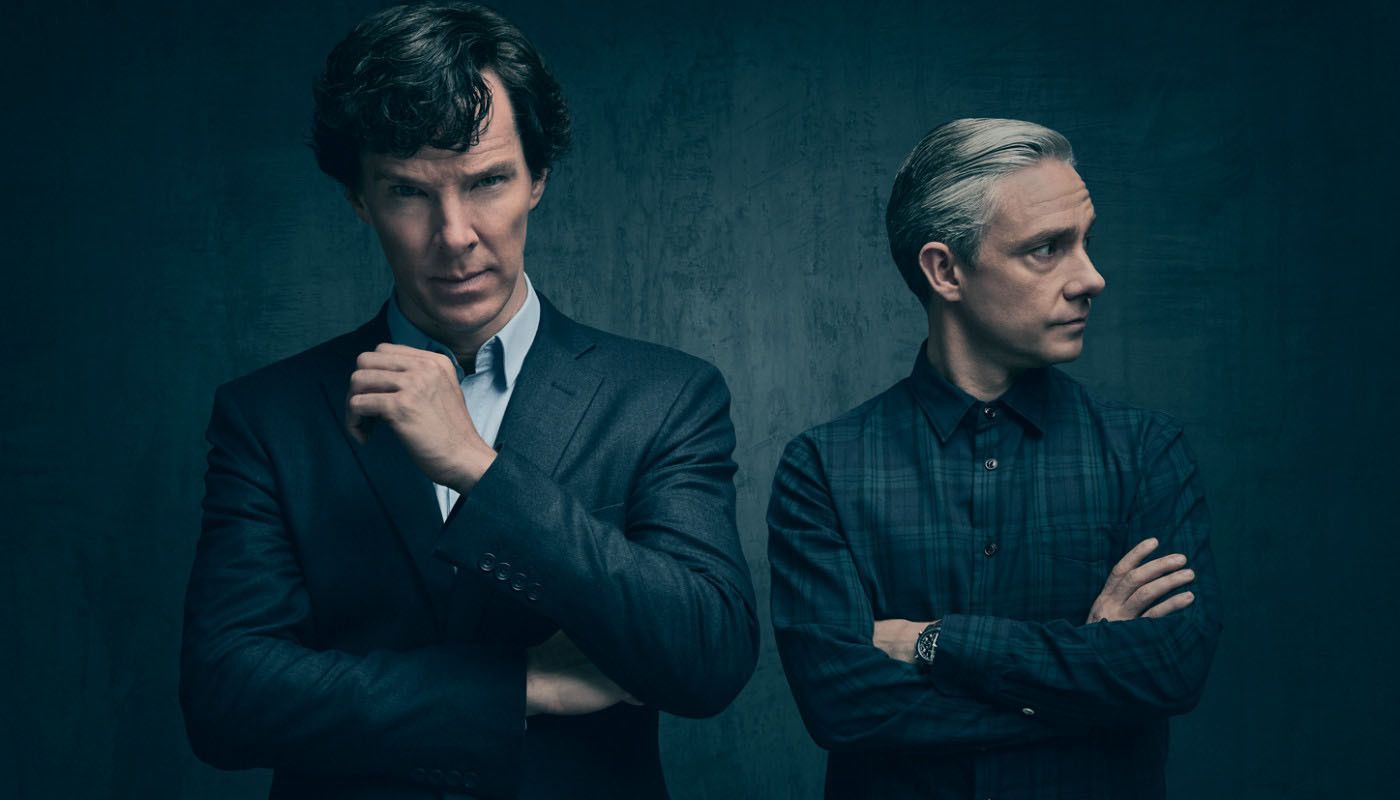
Dracula remains among the most iconic villains in human culture. The character has been adapted over 200 times on screen, incorporated into countless literature, and even recurs as a regular Marvel Comics villain. But while Bram Stoker's infamous vampire has been adapted numerous times over the years, very rarely have any of these closely adhered to the original novel. And no, Castlevania, great as it may be, has almost nothing to do with the Dracula from Stoker's text.
The BBC is responsible for three Dracula adaptation -- first in 1977, then in 2006, and now, in 2019. Steven Moffat and Mark Gatiss, the men behind BBC's Sherlock. starring Benedict Cumberbatch and Martin Freeman, are bringing Dracula out from his dusty crypt to television screens once again. This new adaptation could be the most effective one yet -- or it could be a massive disappointment.

It is fair to say most Dracula adaptations -- direct adaptations of the book -- have disappointed. The book is an epic scale adventure all across Europe, told through diary entries, letters, and newspaper articles. Many aspects of the novel have become part of pop culture, but few films or TV shows have adapted the more unusual aspects of the story. Few adaptations have included Dracula's physical changes when drinking blood or his ability to walk outside in sunlight, and many have eliminated the character of Quincy Morris, the man who dies fighting Dracula in the book's finale and whose knife is actually used to kill the vampire.
Of the various adaptations, a few stand out: Nosferatu, both F. W. Murnau's 1922 and Werner Herzog's 1979 versions; the 1931 Universal films, both the Bela Lugosi version and the underrated Spanish remake; Hammer's 1958 Horror of Dracula, starring Christopher Lee and Peter Cushing; 1979's Dracula, staring Frank Langella as a sexy Count; and 1992's Bram Stoker's Dracula, starring Gary Oldman and Anthony Hopkins (and Keanu Reeves as the worst Jonathan Harker). Most fans agree that these versions are superior adaptations of the text, though all of them take liberties with the story.
The most notable thing most of these movies changed is that Dracula is reimagined as a romantic figure. This is especially evident in Coppola's film, where an entire romantic subplot is added between Dracula and the main female protagonist, Mina.
However, there are a lot of subpar and stale adaptations of Stoker's text. Jesus Franco's 1970 film (starring Christopher Lee) and the BBC adaptation from 1977 try to adapt the novel faithfully. The former even has the distinction of being the only film to ever adapt Dracula's mustache on screen. But the problem is that, while the 1977 BBC version is arguably the most faithful, it's also one of the dullest. In fact, both BBC miniseries of Dracula have lacked the energy and entertainment value to distinguish them as memorable. This is increasingly true as time has gone on and vampires have become progressively less scary.
So why will this new one appeal to audiences?

Whenever taking on a work that's been adapted a hundred times before, one question that comes up is: what risks do the producers appear to be taking? Moffatt and Gatiss' adaptation appears to be trying to make vampires frightening again, which seems increasingly hard to do. The trailer plays up the erotic predator angle of Dracula with the way he caresses his male victim's face before leaning closer. There is also religious imagery, drawing parallels between vampires and, arguably, exorcism films.
We see various exotic locations, from the Translyvania castle to London to the ship, Demeter, traveling across the sea. This indicates that the new miniseries will do its best to capture Dracula's distinct, sprawling world. It also appears to make Dracula look more monstrous, as indicated by the brief images of a gaunt, emaciated ghoul rising up, presumably, from the Demeter's brig. It seems like the new adaptation will play up some of the book's gorier aspects, making it far from the stiff, staged iterations of yesteryear.
In all respects, despite appearing to respect the original story, this iteration feels more modern. It looks to be tailor-made to appeal to modern horror audiences' sensibilities. This makes sense when you realize the people behind this new adaptation are Gatiss and Moffat.

Gatiss and Moffat are not the best writers in the world. Many fans took issue with their work on Sherlock and Doctor Who, and very rightfully so. They have difficulties when telling long-form stories. Compare the seasons where Moffat was showrunner on Doctor Who to his work on standalone episodes, like "Blink" and the two-parter "The Empty Child" and "The Doctor Dances," in prior seasons, which are among the show's best episodes ever.
The pair also aren't particularly good at adapting pre-existing works. Shows like Sherlock and Jekyll (yes, you forgot the BBC did a modern-day Jekyll and Hyde adaptation, written by Moffat, didn't you?) are problematic because they build a mythology centering around their central protagonists, to the detriment of every other character. This eliminates tension when that mythologized character is the hero. But when he's the villain? That makes him feel insurmountable. It turns him into an unstoppable threat. That makes him scary.
The biggest concern when it comes to Dracula, however, is the way Gattis and Moffat write women, which Sherlock and Doctor Who fans have frequently critiqued. There are a couple major female characters in Dracula, and historically, most works fail to make them much more than victims. This is despite the fact that, in the novel, Mina bravely uses her psychic link to Dracula to track him down, when all the male characters have no idea what to do.
What Moffat and Gatiss are best at is modernizing older works. Sherlock and Doctor Who helped revive interest in the original properties, causing audiences to seek out and revisit them. They have a talent for making old material feel new, even if the original texts contain problems.
Perhaps they will work the same magic with Dracula, which appears to be returning to the original novel to tell a new spin on a legendary character. Will the new miniseries rank among the best adaptations of Stoker's work, or will BBC's third attempt to adapt the novel suck the life out of it? We'll have to wait and see.
Executive produced by Mark Gatiss, Steven Moffat, Sue Vertue and Ben Irving, Dracula stars John Heffernan, Dolly Wells, Joanna Scanlan, Sacha Dhawan, Jonathan Aris, Morfydd Clark, Nathan Stewart-Jarrett and finally, Claes Bang as Count Dracula.
Add Comments